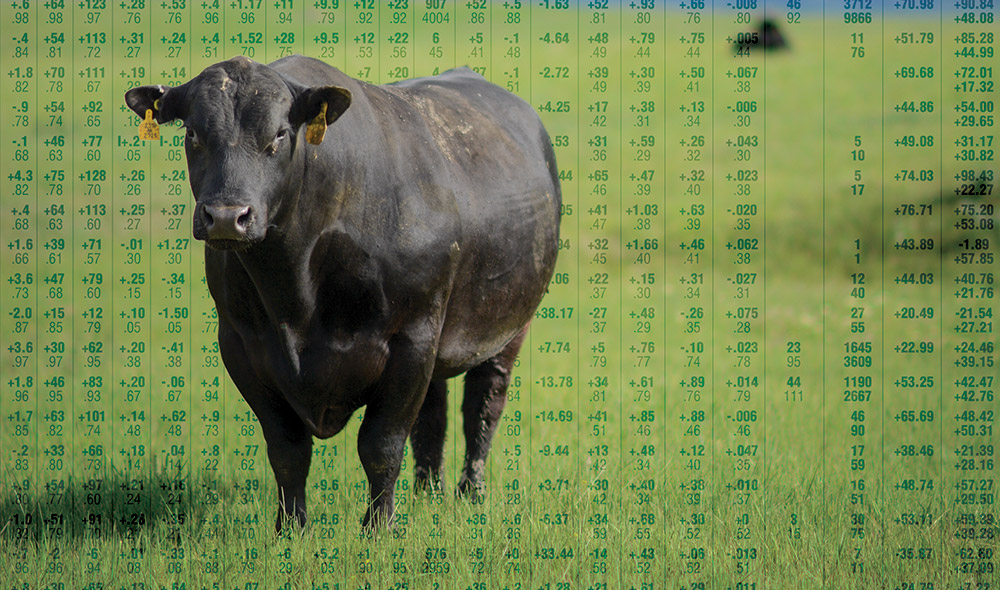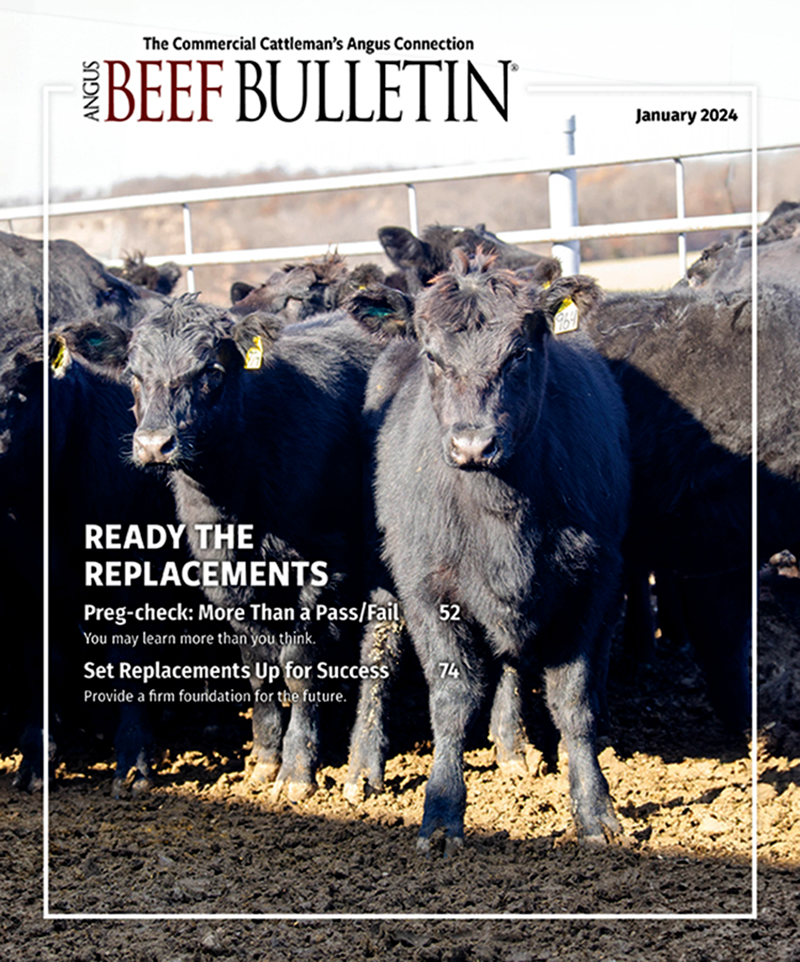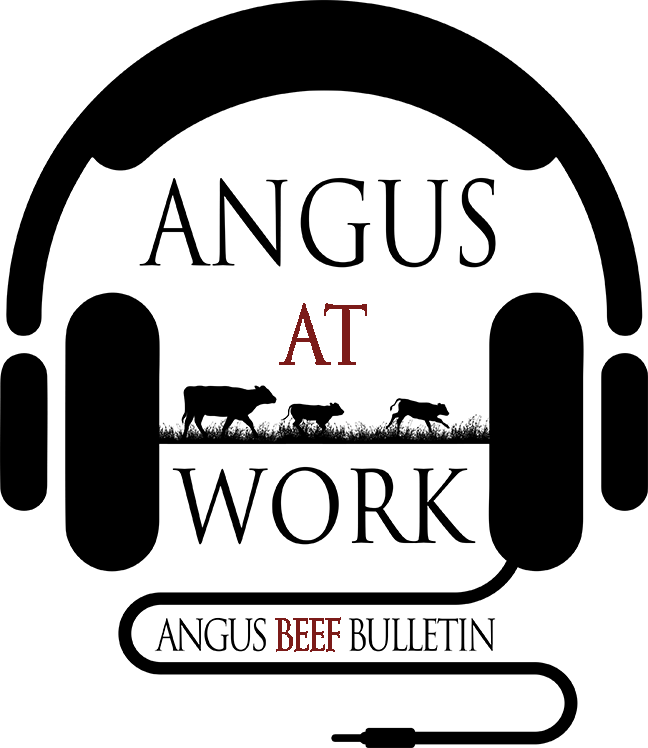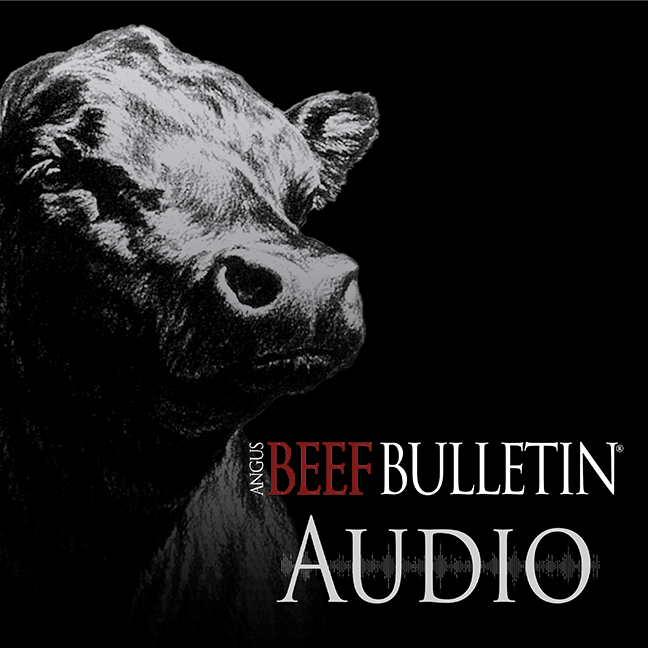Reasonable Expectations
Cattlemen can use EPDs with reasonable expectations in commercial crossbred operations.
Some people just don’t trust EPDs. The acronym stands for “expected progeny difference” — a numerical value that represents a prediction of the average performance, relative to a specific trait, among the progeny of a breeding animal. To aid genetic selection, EPDs are used to compare the expected performance of one sire’s calves with those of another sire.
“Some people are suspicious. They think someone is pulling strings to manipulate the numbers,” lamented animal geneticist Jared Decker while addressing a New Mexico gathering of cattle folk. “But EPDs work. They absolutely work.”




